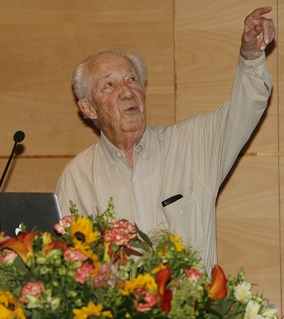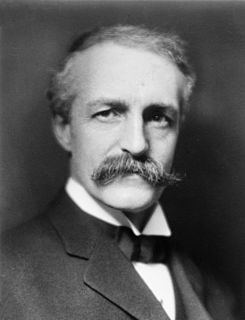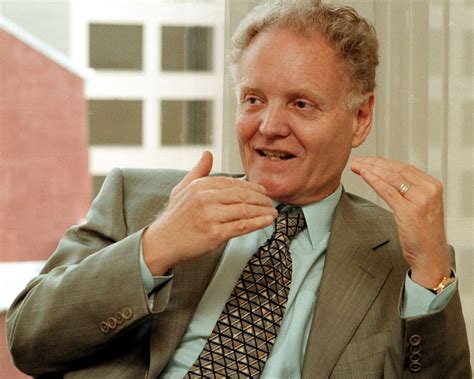A Quote by Julian Simon
Our supplies of natural resources are not finite in any economic sense. Nor does past experience give reason to expect natural resources to become more scarce. Rather, if history is any guide, natural resources will progressively become less costly, hence less scarce, and will constitute a smaller proportion of our expenses in future years.
Related Quotes
Money is only important in a society when certain resources for survival must be rationed and the people accept money as an exchange medium for the scarce resources. Money is a social convention, an agreement if you will. It is neither a natural resource nor does it represent one. It is not necessary for survival unless we have been conditioned to accept it as such.
If we've learned any lessons during the past few decades, perhaps the most important is that preservation of our environment is not a partisan challenge; it's common sense. Our physical health, our social happiness, and our economic well-being will be sustained only by all of us working in partnership as thoughtful, effective stewards of our natural resources.
The cost of our success is the exhaustion of natural resources, leading to energy crises, climate change, pollution, and the destruction of our habitat. If you exhaust natural resources, there will be nothing left for your children. If we continue in the same direction, humankind is headed for some frightful ordeals, if not extinction.
Without natural resources life itself is impossible. From birth to death, natural resources, transformed for human use, feed, clothe, shelter, and transport us. Upon them we depend for every material necessity, comfort, convenience, and protection in our lives. Without abundant resources prosperity is out of reach.
Hopefully, we will become a stronger democratic society and avoid falling into xenophobia. Hopefully, we build good relationships with our neighboring countries and, rather than acting for profit for the current generation, acting in a way that will ensure we leave natural resources for future generations.
Our worst instincts as human beings have to do with our carelessness with natural resources, and when the body itself becomes just one more of those resources, how will we treat it? Will we treat it with such indifference and with such depersonalization that it becomes more like a very fancy car than a repository of the self?
Iran is a powerful country. Iran is a big country with a large population, natural resources, human resources. But we are a country that is content with its size, content with its geography. We have not engaged in any military adventures in the past 250 years. We don't see any of this as Iran trying to dominate this region. We see some people panicking in our region and we believe there is no need to panic. We are prepared to work with all our neighbors to ensure the security and prosperity of our region.
We need to revise our economic thinking to give full value to our natural resources. This revised economics will stabilize both the theory and the practice of free-market capitalism. It will provide business and public policy with a powerful new tool for economic development, profitability, and the promotion of the public good.

































